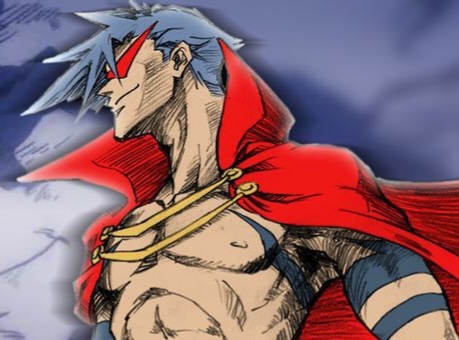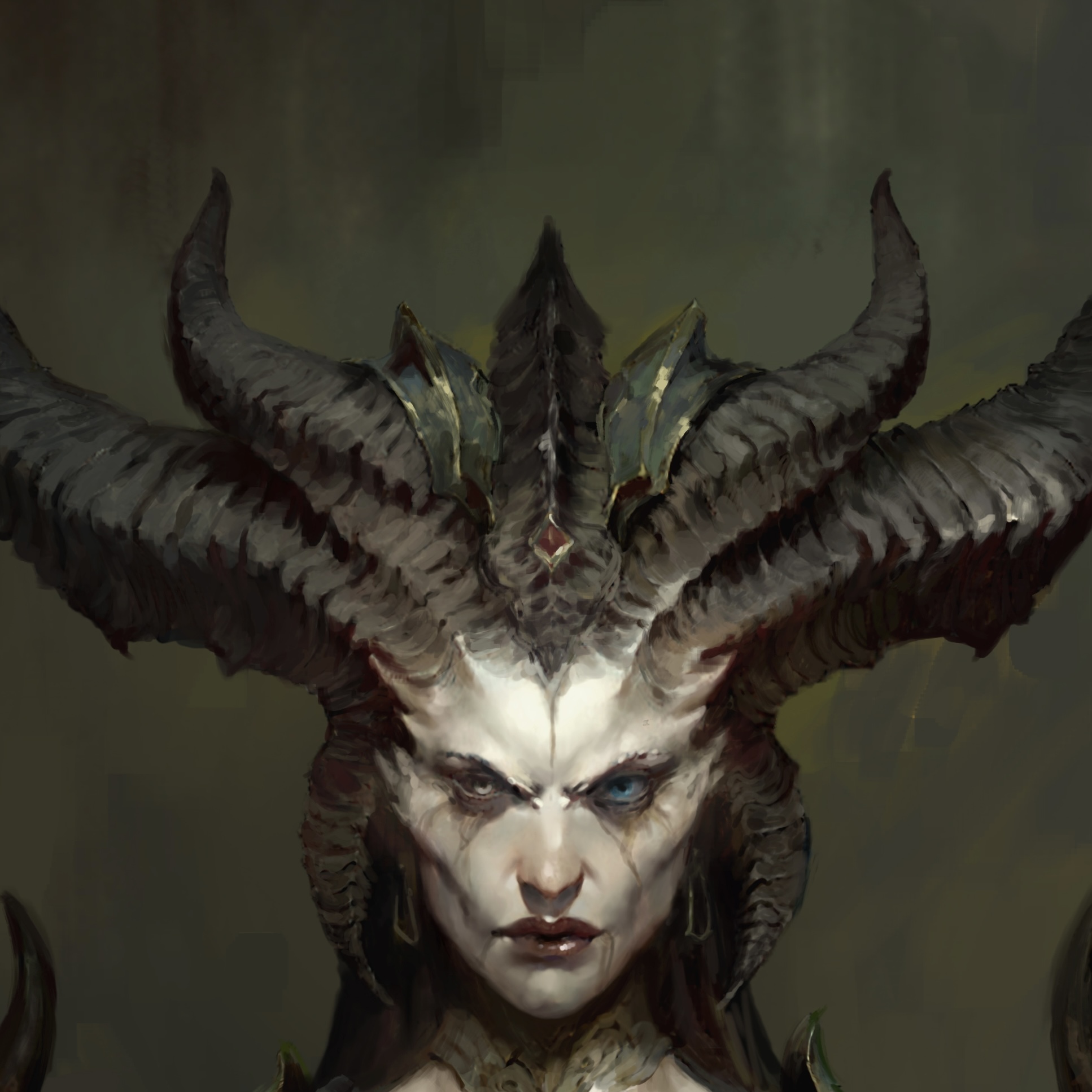Like, that's what dedicated anti-imperialist organizing looks like. Like, if any of you folks in modern anti-imperialist orgs are doing this right now, my hat's off to you. This kind of bravery is really incredible.
Socialist Workers Party continued to send in members, and at Fort Jackson in 1969 was able to create an organization called GIs United. This group contained a number of very capable organizers, and in March they succeeded in holding a large open meeting on base to rap about the war and racism. Over 100 GIs participated in this free-floating rap session, and the brass moved swiftly to bring the organizers up on charges.
As well, there's evidence of less well documented organizing:
During the summer of 1968 troops were put on alert for possible use at the Democratic convention in Chicago, and 43 Black GIs at Fort Hood held an all-night demonstration declaring their intention to refuse any such orders. This was a harbinger of continued discontent among black soldiers. During the summer of 1969 black GIs in the 3rd Cavalry Division at Fort Lewis walked out of riot control classes en masse, and the brass were so anxious to avoid an incident that they let it pass.
all in all, resistance from within the military during the Vetinam war was incredible:
By 1969 entire units were refusing orders. Company A of the 21st Infantry Division and units of the 1st Air Cavalry Division refused to move into battle. By 1970 there were 35 separate combat refusals in the Air Cavalry Division alone. At the same time, physical attacks on officers, known as "fraggings", became widespread, 126 incidents in 1969 and 271 in 1970. ... From January of '67 to January of '72 a total of 354,112 GIs left their posts without permission, and at the time of the signing of the peace accords 98,324 were still missing.
The Vietnam war wasn't ended by protests, it was ended by organizing and insurrection from within the ranks and fierce resistance by the NLF.
:amerikkka:
I highly recommend people watch the documentary Sir, No Sir (2005) about the violent and non-violent direct action from the drafted US troops in opposition to the war. These mfs were just straight up throwing grenades in their CO's sleeping quarters by the hundreds.
These mfs were just straight up throwing grenades in their CO’s sleeping quarters by the hundreds.
hell yeah I support the troops
You can stream it for free on Kanopy if you have a library card. The lyrics @SerLava quoted are from a song :boots-riley: wrote for the documentary
Absolute MUST-WATCH.
Here’s a link to the amazing film website , which includes another to all kinds of archival material , a testament to just how widespread and vociferous opposition to the war was within the ranks.
Fantastic film made of an aspect of that horrible war that so few people know about.
Edit to add: apparently even Netflix has it now.
Drafted soldiers.
After Vietnam the US went to an all-volunteer force. Not because, as some would enjoy thinking, protesting. But rather because a post-war analysis revealed that draftee units frequently failed to accomplish their assigned missions. Moreover they were prone to committing war atrocities.
There is a common misconception that it was draftees who were the most disaffected elements in the military. In fact, it was often enlistees who were most likely to engage in open rebellion. Draftees were only in for two years, went in expecting the worst, and generally kept their heads down until they got out of uniform. While of course many draftees went AWOL and engaged in group resistance when it developed, it was enlistees who were most angry and most likely to act on that anger. For one thing, enlistees were in for three or four years; even after a tour of duty in Nam they still had a long stretch left in the service. For another thing, they went in with some expectations, generally with a recruiter's promise of training and a good job classification, often with an assurance that they wouldn't be sent to Vietnam. When these promises weren't kept, enlistees were really pissed off. A study commissioned by the Pentagon found that 64% of chronic AWOLs during the war years were enlistees,
Enlisted men left their post more often than draftees. There are for sure reasons the military moved to an all volunteer force, but resistance was throughout the whole military.
For another thing, they went in with some expectations, generally with a recruiter’s promise of training and a good job classification, often with an assurance that they wouldn’t be sent to Vietnam
Man, recruiters never change huh
Proportionally, draftees left their post more often, but wars aren't ended by proportions, they're ended by total numbers. Both draftees and enlistees were defecting and rebelling in similar numbers.
Also remember that enlistees were less likely to be sent to Vietnam, and so the proportion may have been fairly similar.
All of this stuff is completely absent from the mainstream narrative of the Vietnam war, just like the American Servicemen's Union, soldiers who instantly surrendered to the first Vietnamese army unit they encountered, and officer fragging. The average American unironically believes a version of the stab-in-the-back myth, where American liberals caused the war to be lost because they got sad about war footage on TV.
ITS A WRAP THEN
GRAB THE MAC-10
PLAN OF ACTION
KILL THE CAPTAIN
EXCUSE ME COLONEL SIR MAY I REQUEST PLEASE, PERMISSION TO GO HOME OR BLOW OFF YOUR KNEES?
:boots-riley:
The refusals to deploy by units may have been the result of organizing:
Rather than concentrating on large base-wide actions, an effort was made to concentrate on localized, unit organizing. ... These groups would put out small, mimeographed unit newspapers ... struggle against immediate forms of harassment, and occasionally submit group Article 138 complaints against a particularly oppressive officer. ... Because they dealt with immediate local issues, these unit organizations were frequently able to effect some genuine changes. In addition, these unit groups could raise conceptually the issue of power in the military: "We know that to achieve these goals will take a long fight. To begin to implement this program we intend to build our own democratic organizations within our units which serve our own interests, to protect us now from our present leaders, and later to replace the existing organization of the military."
What's interesting to me is that this is very similar to the IWW's current model of "solidarity unionism" where the goal is to use direct action to build a culture of fighting, win small changes, and eventually stage bigger actions over issues like wages, always with an eye towards anarchist revolution.
Fuck me, what happened? Seriously how did we lose so much? Was it really just cointelpro and the war on drugs?
For this, it was the end of conscription. Now it's volunteer freaks or those so precarious that risking their lives in war might be an improvement in their material conditions. I think ending conscription was a very useful move for the ruling class because it ended the mass character of the military. Danny Bessner has a interesting take on the modern military being the minor leagues for Mercenary corps or Special Forces (like the Fort Bragg types that are apparently outside of the chain of command and allowed free reign to do whatever they want).
Repression was only have the picture. The US quickly moved to disorganize the left. Professors were made adjuncts and so weren't as able to organize. Industrial labor was moved overseas and into Mexico to break up the unions. The draft was ended to separate civilians from the military.
The left wing renaissance were seeing now is the reconvening of the working class.
Partly yes. The cultural machine has also pushed the crying soldier to the front of everyone, so now average American may forgive themselves for supporting modern day atrocities by crying and feeling bad about sending their soldiers to die for no reason in the past.









